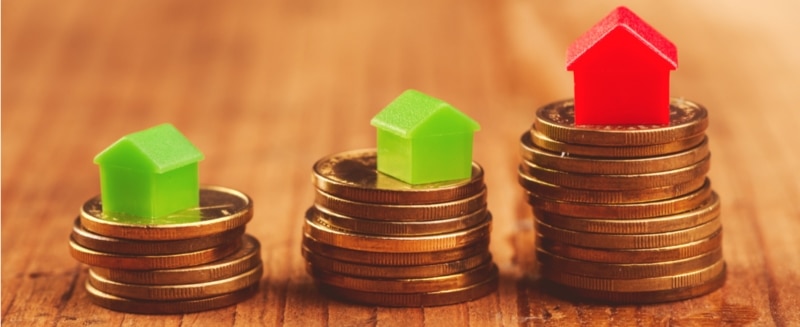When’s the best time to buy a house? ATTOM Data Solutions analyzed over 18 million single-family home and condo sales over the past 5 years for the answer.
If you plan to close on a home purchase soon, you’re in luck! Seven of the 10 best days to buy a house are in December. The day after Christmas, December 26th, is when buyers can get the biggest discount with prices an average of $2,500 (or 1.3 percent) below estimated market value. (It also happens to be one of the biggest general shopping days of the year!)
“People closing on a home purchase December 26 were submitting offers around Thanksgiving and starting their home search around Halloween—likely not a common path to home purchase for most buyers and exactly why it’s the best time to buy,” said Daren Blomquist, Senior Vice President with ATTOM Data Solutions. “Buyers and investors willing to start their home search right about when stores are setting up Christmas decorations will face less competition and likely be dealing with more motivated sellers, giving them the upper hand in price negotiations.”
Outside of December 26th, the next best days to purchase a home include: December 7th or 4th (1.0% discount below market value), December 29th (0.7% discount), December 21st (0.6% discount), December 1st or October 12th (0.5% discount), November 9th or February 9th (0.3% discount) or December 8th (0.1% discount).
States with the biggest discounts below full market value were: Ohio (8.8% discount in January), Michigan (7.9% discount in February), Nebraska (7.3% discount in December), Tennessee (6.8% discount in December) and Delaware (6.5% discount in December).
Cities with the biggest discounts include: Dayton (13.1% discount in January), Detroit (12.8% discount in February), Cleveland (12% discount in January), Honolulu (10.3% discount in June) and Milwaukee (9.3% discount in December).
This research is especially helpful for buyers who happen to be in one of the states or cities with the biggest discounts. For those who aren’t, it doesn’t necessarily mean you’re getting a bad deal. ATTOM Data Solutions’ research compared median sales prices for homes on a given day to the median automated valuation model (AVM) at the time of sale from 2013 to 2017. Since it’s all based on averages, there’s a chance your home’s purchase price will realize more than a 1.3 percent discount — but there’s also a chance it will be less.
The only way to be sure you’re getting a good deal is to do some research on local home prices, which should be any potential buyer’s first step. A good place to start would be determining what median sales prices in the area are for comparable homes. Talk with your agent about neighborhood trends, other neighborhood homes that are for sale (I’ll assume you’ve already seen them) and how they compare (favorably or unfavorably with yours). Then evaluate the seller’s offer and appropriately counter it.







I appreciate that you said that in getting a good deal you need to look out for local prices on it. My wife and I are newlyweds and we would like a real estate expert to help us out. However, we better start looking for homes for sale to look for a good deal while we’re on it.